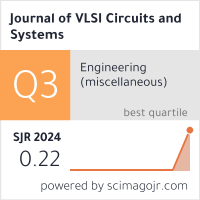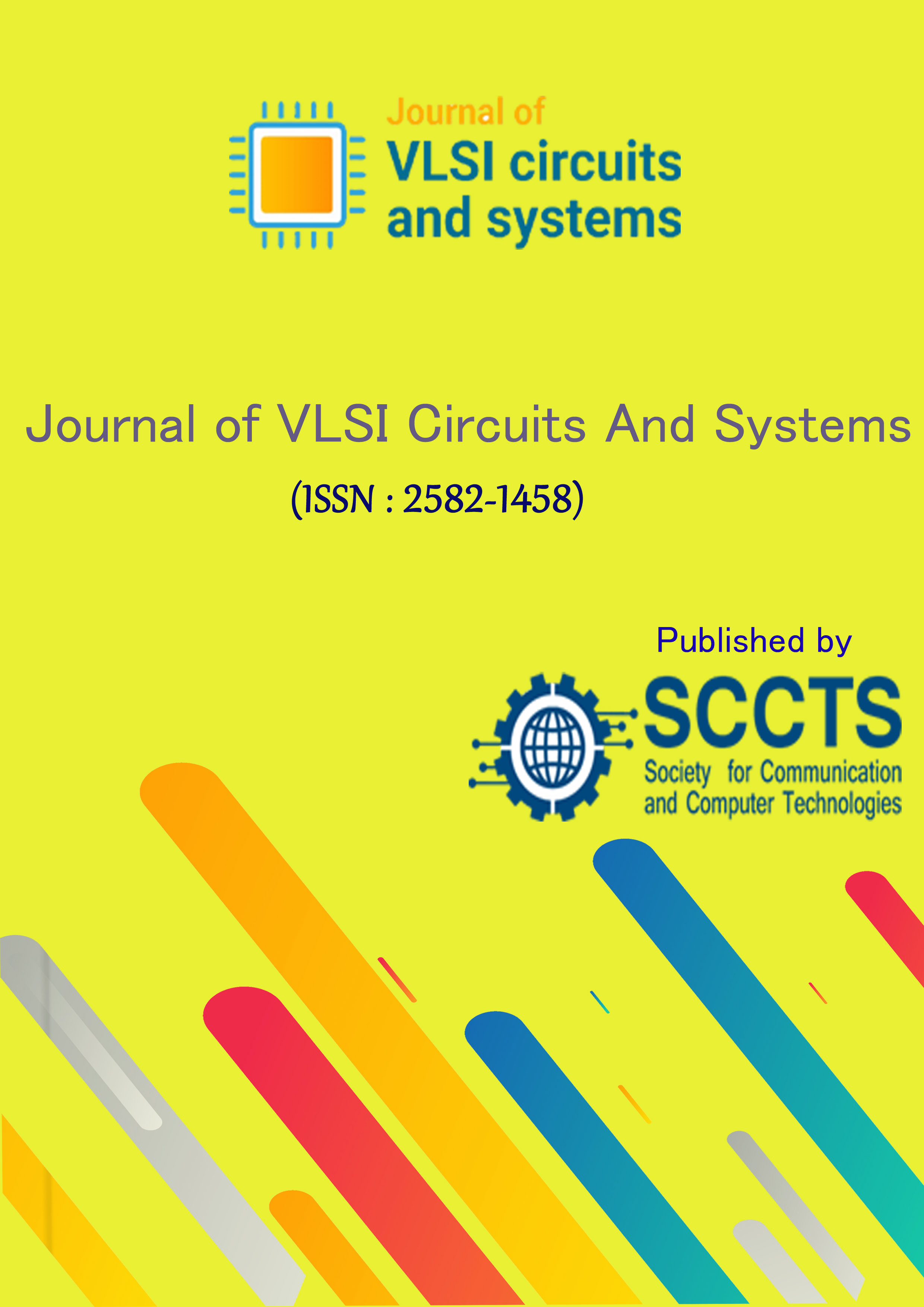Low Power SoC based Road Surface Crack Segmentation using Unet with Efficientnet-B0 Architecture
DOI:
https://doi.org/10.31838/jvcs/06.01.11Keywords:
Road Crack Segmentation, Unet, EfficientNet-B0, SoC, Deep Learning, Automated Inspection.Abstract
The primary objective of this research is to provide a power-efficient solution for real time road crack segmentation, overcoming the limitations of high computational costs in existing deep learning models. By integrating the Unet model’s encoder-decoder structure with EfficientNet-B0, the proposed solution enhances segmentation accuracy while minimizing power consumption. This work aims to fill the gap in the current research by offering a deployable solution on low-power devices without sacrificing performance. The methodology involved training the Unet-EfficientNet-B0 model using a road surface crack dataset and converting the trained model to the ONNX format for deployment on the ZCU104 Ultrascale+ SoC device. The novelty lies in the hybrid architecture, where
EfficientNet-B0 is used as the encoder to capture essential features and reduce the computational load, and Unet serves as the decoder to produce fine-grained segmentation maps. This combination allows the model to process high-resolution images with low latency, making it ideal for edge computing.The research demonstrated that the proposed model outperformed other architectures, achieving a mean IoU of 0.9422 and pixel accuracy of 0.9938 on the test set. The results indicate that the model provides accurate segmentation of road cracks with minimal computational overhead, making it suitable for real-time road monitoring applications on SoC platforms. The implementation on the ZCU104 SoC validated its potential for deployment in real-world scenarios.The findings have significant implications for the future of road infrastructure maintenance. The ability to deploy such a model on low-power devices allows for continuous monitoring of road conditions in smart cities, reducing maintenance costs and improving safety. The efficient use of power while maintaining high segmentation accuracy makes this model a breakthrough in automated inspection technologies















